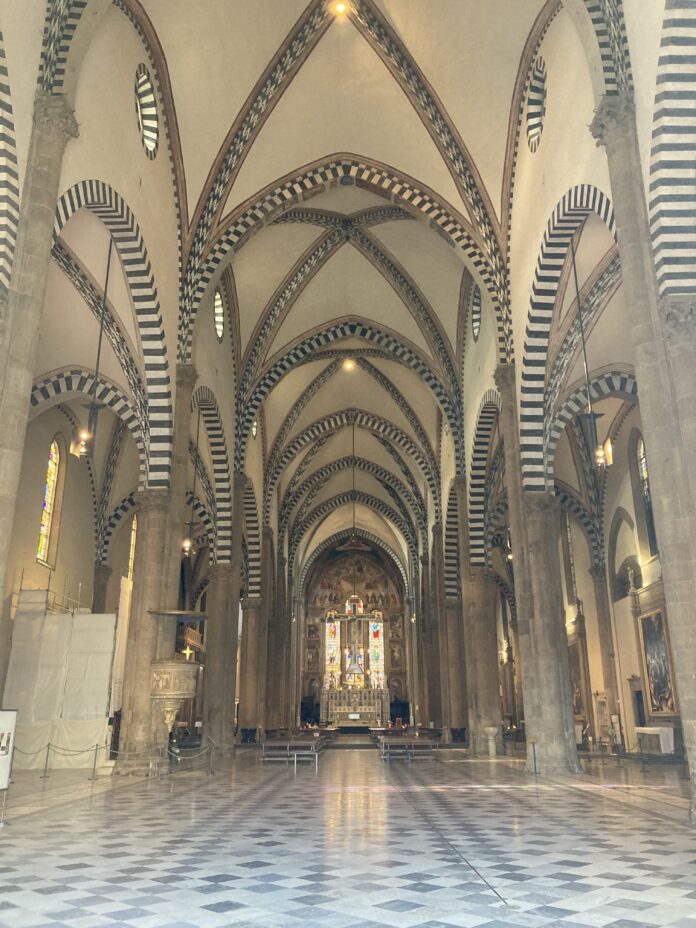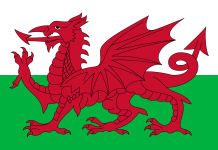The Te Deum is an ancient song of praise to God and all His saints, that may go back as far as Saint Ambrose (+397), to whose composition it has been attributed, even if current history disputes that, claiming rather Saint Hilary of Poitier (+367) or Nicetas of Remesiana (+414), or even earlier sources.
Whatever is provenance, the beautiful and transcendent words of the Te Deum have become part of our tradition and our liturgy, sung or recited on Sundays and feast days, after Matins (that is, the Office of Readings), and very fitting on these solemn day dedicated to all God’s saints, especially those not known to history.
There is the original Gregorian chant version:
As well, we have any number of polyphonic settings.
Here we have George Friedrich Handel’s, composed in 1743 to celebrate England’s victory against the French in the battle of Dettingen, led by King George III, the last time a British monarch led his troops into battle. One may hear similarities to Handel’s more famous Messiah:
And here is the majestic setting by Marc-Antoine Charpentier, composed in 1688 or 1689, and later performed to commemorate a French victory in the Battle of Steenkerque (1692) over a combined Dutch and English force. Such as the vagaries of the tragedy of war, from which God in His merciful providence can bring good. Listeners may recognize the organ prelude, popular at many weddings ever since, which are a cause for great rejoicing.












